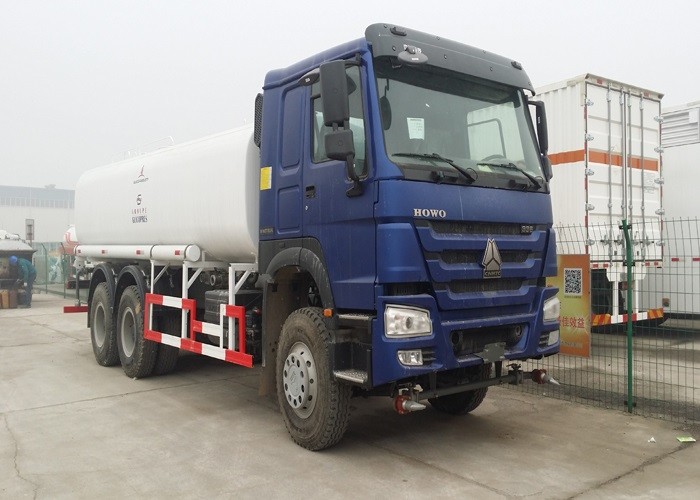Introduction
10 wheeler trucks are a vital component in the transportation and logistics industry. These versatile vehicles are designed for a variety of roles, from heavy hauling to regional delivery. As businesses expand and demand for efficient transport solutions grows, understanding the capabilities, specifications, and applications of 10 wheeler trucks becomes essential for truck owners, operators, and logistics professionals.
This article will delve into the importance of 10 wheeler trucks, their specifications, advantages, operating costs, and more. Whether you are considering investing in one or simply want to learn more, this comprehensive guide will equip you with valuable insights and practical advice.
What is a 10 Wheeler Truck?
A 10 wheeler truck is defined by its configuration of having two axles at the front and four axles at the rear, totaling 10 wheels. It is commonly used in the transport of goods, construction materials, and other heavy loads. With a gross vehicle weight rating (GVWR) that typically ranges from 26,001 to 33,000 pounds, these trucks bridge the gap between smaller vehicles and the more massive 18-wheelers.
Specifications of 10 Wheeler Trucks
Dimensions and Weight
The specifications for 10 wheeler trucks can vary depending on the manufacturer and model. On average, their dimensions may include:
| Specification | Details |
|---|---|
| Length | Approximately 24 to 28 feet |
| Width | 8.5 feet |
| Height | 13.6 feet |
| Weight | 26,001 – 33,000 pounds (GVWR) |
Engine and Performance
Most 10 wheeler trucks are equipped with a powerful diesel engine ranging from 200 to 400 horsepower. Notable features include:
- Fuel efficiency that generally ranges from 6 to 8 miles per gallon
- Excellent torque capabilities suitable for heavy loads
- High towing capacity, making it suitable for larger trailers
Common Types of 10 Wheeler Trucks
Dump Trucks
Dump trucks are often used in construction sites to transport bulk materials like gravel, sand, and dirt. Their ability to unload heavy loads quickly makes them incredibly valuable.
Flatbed Trucks
Flatbed 10 wheeler trucks can carry oversized and heavy loads that may not fit into traditional van trailers. They are commonly used for transporting large machinery or construction materials.
Box Trucks
Box trucks are enclosed vehicles that protect cargo from the elements. They are widely used for regional deliveries and moving household goods.
Advantages of Using a 10 Wheeler Truck
10 wheeler trucks offer several advantages, including:
1. Versatility
These trucks can be adapted for various roles in different industries, from construction to freight transportation.
2. Cost-Effectiveness
Their operating costs can be lower compared to larger trucks, making them ideal for smaller businesses or regional deliveries.
3. Maneuverability
10 wheeler trucks are generally easier to operate in urban areas or tight spaces compared to larger 18-wheelers.
Operating Costs of 10 Wheeler Trucks
Fuel Costs
Fuel is one of the most significant ongoing expenses for truck operators. Factors affecting fuel costs include:
- Driving conditions (highway versus city driving)
- Truck maintenance
- Fuel prices in your area
Maintenance Costs
Regular maintenance is critical to keeping a 10 wheeler truck in optimum condition. This includes:
- Oil changes
- Tire rotations and replacements
- Brake checks
Choosing the Right 10 Wheeler Truck
Assessing Load Requirements
Understand what types of loads you will be hauling. This will help determine the type of 10 wheeler truck that is best suited for your needs.
New vs. Used Trucks
Deciding between a new and used vehicle will depend on your budget and planned usage. New trucks offer warranties and the latest technology, while used trucks may provide cost savings.
Check for Compliance
Make sure any truck you are considering meets local regulations and safety standards.
Tips for Operating a 10 Wheeler Truck Safely
1. Training and Licensing
Ensure all operators have valid commercial driver’s licenses (CDL) and receive proper training.
2. Regular Inspections
Conduct frequent inspections of the truck to ensure safety features and parts are working correctly.
3. Load Distribution
Properly distribute the load to prevent tipping and ensure better handling on the road.
Real-Life Applications of 10 Wheeler Trucks
Construction Sites
10 wheeler dump trucks are a staple in construction, enabling the movement of materials like cement and aggregates. For example, they can efficiently transport materials from the supply site to the job site.
Logistics and Delivery
Box trucks serve as vital assets in logistics, delivering everything from furniture to electronics quickly and efficiently in urban settings.
Agricultural Uses
In agriculture, 10 wheeler trucks can be used to transport crops from farms to processing plants or markets.
FAQ Section
1. What is the maximum weight a 10 wheeler truck can carry?
Typically, a 10 wheeler truck can carry up to 33,000 pounds, depending on its configuration and load distribution.
2. Are 10 wheeler trucks fuel-efficient?
On average, a 10 wheeler truck achieves between 6 to 8 miles per gallon, which can be considered reasonable depending on load and driving conditions.
3. What types of loads are best suited for 10 wheeler trucks?
10 wheeler trucks are ideal for construction materials, agricultural products, and various freight that can fit within their load capabilities.
4. How do I choose the right 10 wheeler truck for my business?
Assess your load requirements, consider new versus used options, check for compliance, and analyze total ownership costs to choose the right truck.
5. Can I modify a 10 wheeler truck for specific uses?
Yes, 10 wheeler trucks can be modified with varying bed types, trailers, or special equipment depending on your specific use case.
6. What are the licensing requirements for driving a 10 wheeler truck?
A valid commercial driver’s license (CDL) is required to operate a 10 wheeler truck, along with any necessary endorsements depending on the type of cargo being transported.





